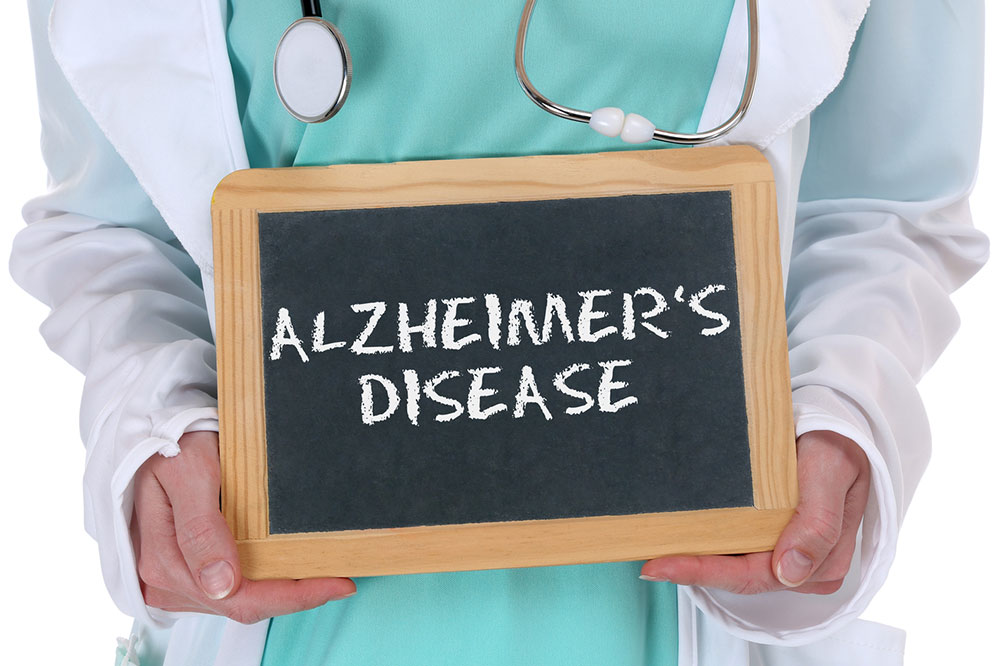5 things to know about Alzheimer’s disease
Known to be one of the most common forms of dementia, Alzheimer’s disease is a debilitating ailment. Usually, it starts with slight memory loss and progresses through stages over a period. It affects the regions of the brain that control language, thought, and memory. In the final stages, Alzheimer’s disease causes loss of various abilities, including making conversation and moving independently. Read on to know a few important things about Alzheimer’s.
- Symptoms: One of the first warning signs of Alzheimer’s disease is cognitive impairment. It starts with memory loss, and a person may experience multiple symptoms over time. These include rapid changes in behavior, mood, or personality.

A person may also develop poor judgment, along with misplacing things or having trouble retracing their steps to find them. Additionally, rapid memory loss disrupts daily life, so patients may find it difficult to complete routine tasks and manage money or bills. In some cases, patients may also face depression. Causes: There is no known definite cause of Alzheimer’s disease, but scientists say that multiple factors may increase the risk of Alzheimer’s. One of the main factors is age, and a family history of Alzheimer’s may also elevate an individual’s risk of developing the disease. Other potential risk factors include heart ailments, hypertension, and high cholesterol.
Disclaimer:
The content of the articles discussing symptoms, treatments, health conditions, and side effects is solely intended for informational purposes. It is imperative that readers do not interpret the information provided on the website as professional advice. Readers are requested to use their discretion and refrain from treating the suggestions or opinions provided by the writers and editors as medical advice. It is important to seek the help of licensed and expert healthcare professionals when necessary.

